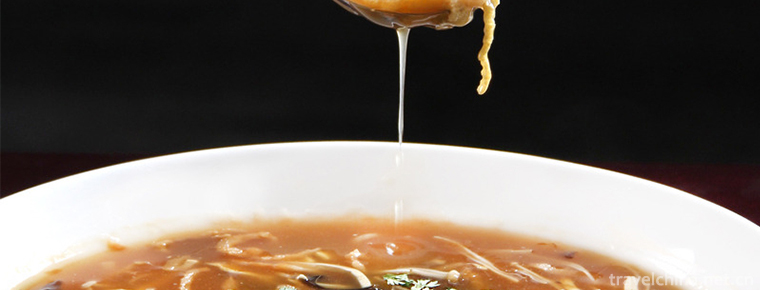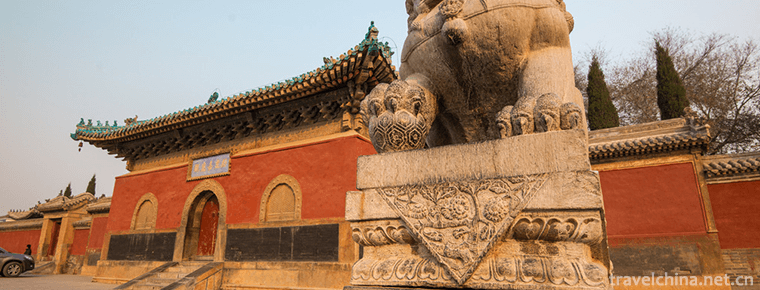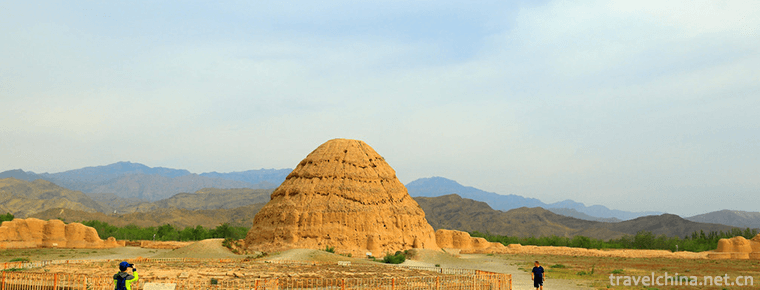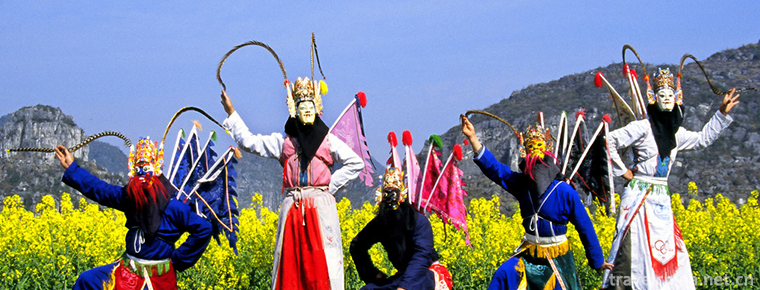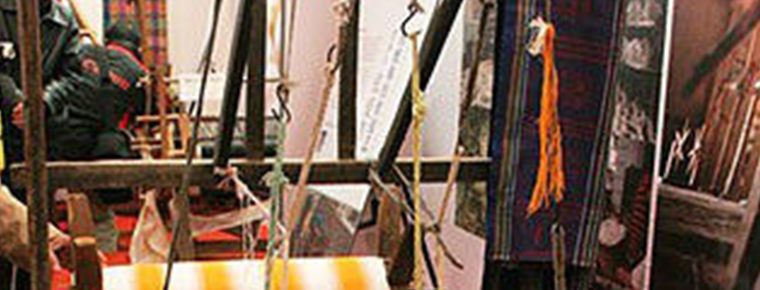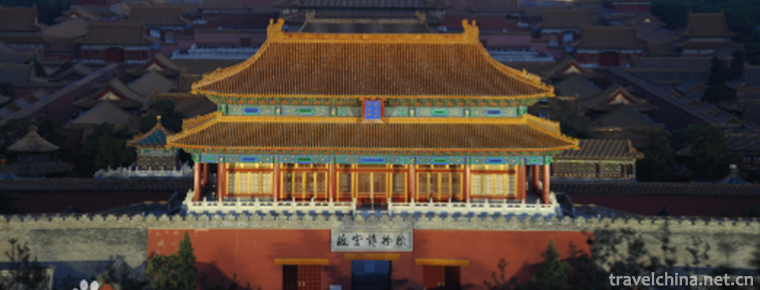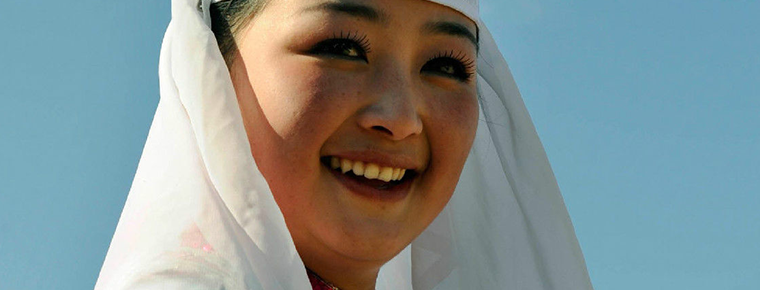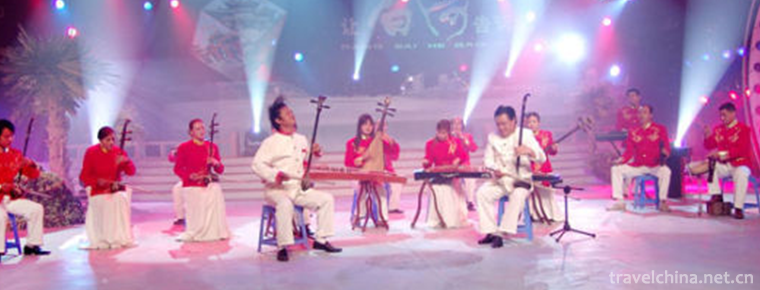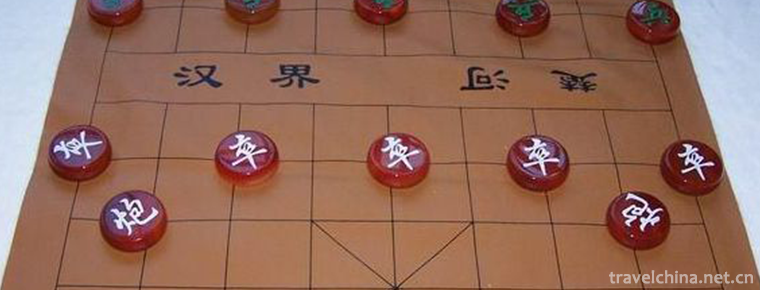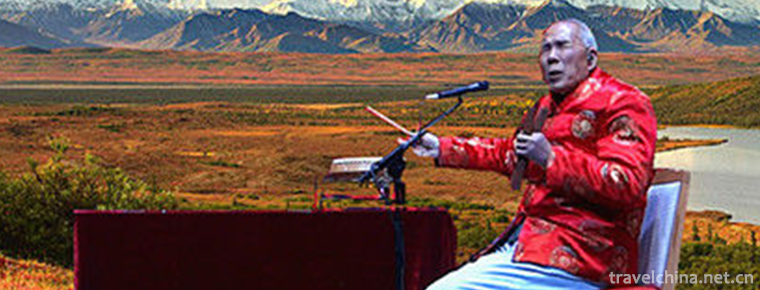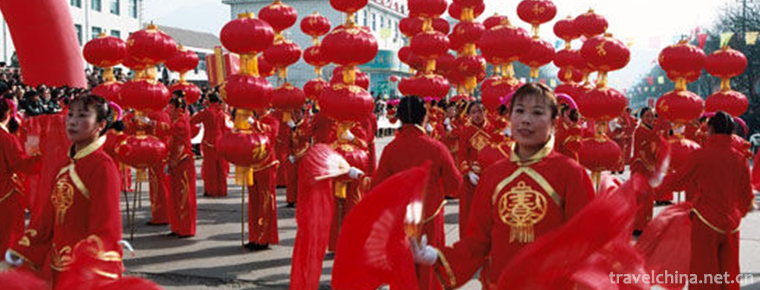Gentle boxing
Gentle boxing
Mianquan is a kind of uniform, soft, round, coherent, rigid and soft traditional boxing, which belongs to the intangible cultural heritage of Shanghai. Its movement is soft like cotton, the shape and meaning follow each other, continuous, action running place is arc, while the strength resides in it, stretching and solid, gaining momentum is rigid, hitting people inches of strength, practicality is strong.
On November 11, 2014, Mianquan was listed in the fourth batch of national intangible cultural heritage list with the approval of the State Council.
Historical origin
When, where and by whom Mianquan originated, it is still difficult to find conclusive evidence. But through the memory of Sun Changgen, the son of Sun Fuhai, the representative of Shanghai Mianquan, and Sun Baoqing, the disciple, it can be ascertained that Meng Guangyin, Sun Fuhai's master, was the first person to spread Mianquan in Shanghai. Around 1920, Meng Guangyin came to Shanghai to teach Mianquan, and made some innovations and improvements on the original basis.
Meng Guangyin (formerly Meng Zhaode, also known as Meng Guanyu or Meng Guanyu) was a bodyguard of Shunde Bodyguard Bureau in Cangzhou during the reign of Tongzhi and Guangxu in the Qing Dynasty. He mainly walked bodyguards in Shandong and Henan, and then learned boxing from a businessman. This is more detailed in the article "Experience of practicing Taijiquan to Mr. Kairan" written by Wu Zhiqing, a martial artist at the end of the Qing Dynasty and the beginning of the Republic of China.
Meng Mou, a boxing teacher, has been employed by nine Li Rui schools in Shanghai. He is good at Mian Quan. There are eight-way frame style and two-person push technique. The intention is quite similar to Taiji. When Wen Meng Mou was young, he worked as a bodyguard between Shandong and Henan. He was very strong, especially good at single knife, and his name was quite obvious. Meng was young and vigorous. He was proud of his skills and peers. He spent a day in Hotels with bracelets and talked about martial arts with his colleagues. Suddenly, the old man who had to live in the same house sneered and despised him. Meng couldn't bear it, but he said sadly, "If the Dragon bell is like this, how can it also be armed, will not rely on old people to sell old people, think I have no choice?" The old man calmly said, "Strong is stronger than strong. Who dares to call you competent in martial arts? Because you are young and don't know the depth of heaven and earth, you unconsciously laugh at your nose. What will anger be?" Meng Yi could not bear it. He wanted to compete with his elder brother, and he did not hesitate to do so. Mengfang's hand has fallen for several steps, and it is unexpected how he can fall so simply. Mengchu was very old and feared that he would not be able to fight, so he did not do his best. So far, it is to go all out, unexpectedly, as soon as you meet your old age, your hands and feet are bound by cobweb, powerless and helpless, you can't get out of it, you are in a panic, sweating all over your body. Seeing old man rubbing his arms back and forth is like playing with a ball. He has a leisurely air and an unusual attitude of comparison. Meng Shizhi knows that he is not an enemy. He kneels down and prays for a teacher. The old man said, "You can worship teachers, but you should abandon your business and do business with me." Meng urgently thought of passing it on, but abandoned the industry and trafficked from official to monarch.
This record provides evidence for the early development of Mianquan. Meng Guangyin's experience of learning Mianquan is recorded in detail in this paper. However, it is not known whether "Lao Weng" created Mian Quan by himself or learned from others due to the lack of historical data. But it is certain that Meng Guangyin learned Mianquan before the Republic of China. That is to say, Mianquan has been formed and spread at least in the Qing Dynasty.
According to the article, Meng Guangyin came to Shanghai to live in nine rich merchants, Li Rui, and was hired as a boxing teacher to teach Mianquan. Sun Fuhai was one of Meng Guangyin's earliest apprentices in Shanghai. He studied Mianquan with Meng Guangyin for eight years and got his true biography. He became an active disseminator of Mianquan. In the early 1950s, Sun Fuhai moved to Languifang, Shanghai (No. 7 Lanzhou Road, Yangpu District, Shanghai) and taught Mianquan in Languifang. When Meng Guangyin died, Sun Fuhai will to teach the working people, in order to serve as their self-defense, physical fitness. In the meantime, Sun Fuhai made innovations on the basis of Mianquan he learned, and finally developed into a Mianquan that conforms to Shanghai's regional culture. Because Sun Fuhai received more apprentices in his lifetime, Sun Fuhai became the representative of Shanghai Mianquan. Sun Fuhai passed on his descendants Changgen, Sun Lingen and his disciples Baoqing, Yang Lianquan, Tian Qifang, Lu Fengchi, Gu Zhuqing, Wang Songrong, Zhu Baosheng, Lu Decheng, Wang Zhiwen, Ye Xiucheng, Tang Cungui, Chen Boqun and Ma Yizhou, all of whom became active propagators of Shanghai Mianquan.
Communication area
Since Meng Guangyin taught Mianquan in Shanghai, it has been handed down orally and heartily for five generations. After nearly a hundred years of history, Mianquan has become one of the representative traditional martial arts in Shanghai with unique local characteristics. Its inheritance and popularization has gradually expanded from the original Yangpu District to Hongkou District, Baoshan District, Luwan District, Xuhui District, Huangpu District and the surrounding areas of Shanghai.
Inheritance and protection
In recent years, the inheritance and development of Mianquan in Shanghai has ushered in new opportunities. In Yangpu District, the main inheritance area of Shanghai Mianquan, the establishment of "Shanghai Languifang Mianquan Wushu Club" has become an important force to promote the inheritance and dissemination of Mianquan in Shanghai. With the government's concern and support, and with the efforts of Shanghai Languifang Mianquan Wushu Club, Mianquan was named "District intangible cultural heritage protection project" and "Municipal intangible cultural heritage protection project" by Yangpu District and Shanghai in 2009 and 2011 respectively. The representative inheritance is Sun Hongxian, chairman of Languifang Mianquan Wushu Club and the third generation leader of Mianquan Gate. Sheng, this undoubtedly provides a tremendous impetus for the further inheritance, dissemination and development of Mianquan.
On the basis of the successful declaration of "non-legacy", Mianquan actively entered the campus and established a heritage base. The Mianquan Protection Unit Jiangpu Street Office in Yangpu District, Shanghai, and the Mianquan Wushu Club in Languifang signed an agreement with Kunming School in Shanghai and the No. 1 Primary School in Qiqihar Road, formally becoming the inheritance base of Mianquan Campus. Every week, Mianquan coaches will be appointed to teach Mianquan Extension Course in schools, thus opening up a new mode of Mianquan inheritan
Thus, with the support and concern of the relevant government departments and the efforts of the inheritors of Mianquan, Mianquan, an excellent traditional martial arts boxing, will surely rejuvenate its new splendor and make an important contribution to the development of the cause of "non-heritage" and the promotion of traditional culture in China.
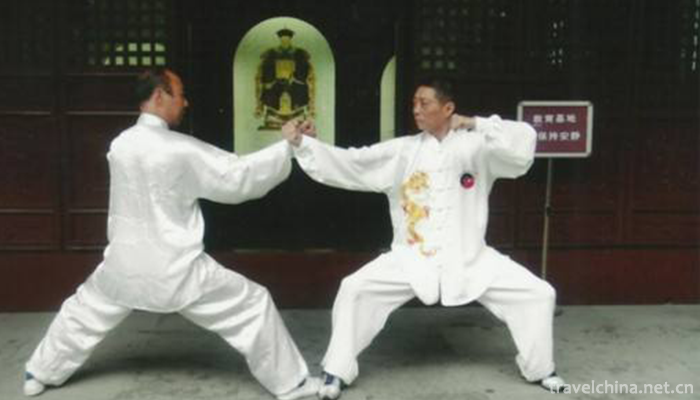
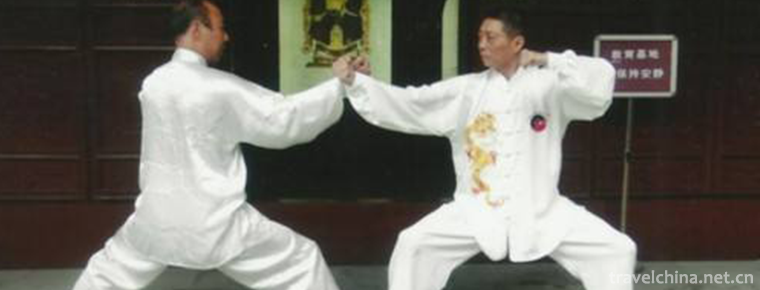
Gentle boxing
-
Free and unfettered hu hot soup
The authentic Xiaoyao Town Hu Hot Soup, produced in Xiaoyao Town, Xihua County, Zhoukou City, Henan Province, is a famous snack in China
Views: 314 Time 2018-11-26 -
Jiaying Scenic Spot
Jiayingguan, commonly known as the Longwang Temple of the Yellow River, is located in Jiayingguan Township, Wuzhong County, Jiaozuo City, Henan Province, China
Views: 144 Time 2019-01-21 -
Western Xia imperial tombs
The Mausoleum of the Xixia Dynasty, also known as the mausoleum of the Xixia Emperor and the mausoleum of the Xixia Emperor, is the mausoleum of the successive emperors and the Royal Mausoleum of the
Views: 146 Time 2019-02-25 -
Anshun land Opera
Anshun Dixi Opera, a local traditional drama in Anshun City, Guizhou Province, is one of the national intangible cultural heritage.
Views: 237 Time 2019-04-01 -
Traditional Cotton Textile Techniques
Chinese traditional textile technology has a long history. Since cotton was introduced from India in the 7th century, Chinese textile industry has changed from linen to cotton.
Views: 242 Time 2019-04-19 -
Construction Skills of Official Ancient Architecture
In the process of construction and maintenance of the Palace Museum ancient buildings, a complete set of traditional palace building construction techniques with strict shape has been formed on the ba
Views: 322 Time 2019-05-01 -
Hui Costume
The main symbol of Hui costume is the head. Men like to wear white caps. Hui women often wear a hood. Older Hui women wear black or brown headscarves in winter
Views: 136 Time 2019-05-04 -
Xiping Folk Song
Xiping Folk Song is a traditional folk song in Xiping Town, Xixia County, Nanyang City. Xiping Town, located in the hinterland of Funiu Mountain in Western Henan Province, is located in the combinatio
Views: 259 Time 2019-07-01 -
Chess Xiangqi
Chess, also known as "Chess", Chinese chess (English name Chinese chess), Chinese traditional chess puzzle game, has a long history in China, belongs to a two-person confrontational game, be
Views: 183 Time 2019-07-06 -
Zezhou Sixianshu
Zezhou Sixianshu is a popular performance form in Zezhou Prefecture, Shanxi Province in Qing Dynasty. It is named after Sixian (Sihu) as the main accompaniment instrument. There is no documentary info
Views: 362 Time 2019-07-16 -
Zuoquan Xiaohua Opera
Zuoquan Xiaohua Opera is a kind of Han folk song and dance drama which originated in Zuoquan County of Shanxi Province and spread in Yushe and Heshun areas near Zuoquan County. Its style is: one step
Views: 257 Time 2019-08-16 -
Gongga Mountain
Gongga Shan, also known as Minya Konka, is located in the south of Kangding, Sichuan Province. It is the main peak of Daxue mountain. There are 45 peaks with an altitude of more than 6000 meters.
Views: 127 Time 2020-10-13
